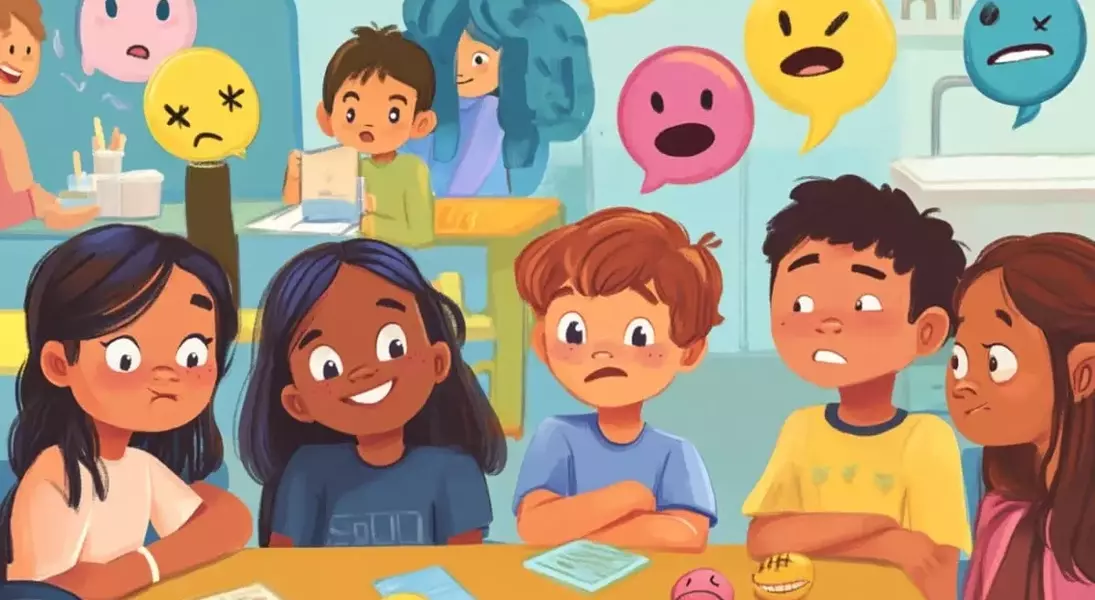
Research from the University of Cambridge reveals a significant delay in parents recognizing their child's feelings about school, often taking an entire year to align with their actual experiences. While many parents believe their children enjoy classroom activities, they underestimate the joy derived from playground interactions and vice versa. This misalignment highlights the importance of bridging this gap for better emotional understanding. To address this issue, researchers collaborated with a writer and artist to create a picture book aimed at fostering open discussions between parents and children about school experiences.
Parents' Perception Lagging Behind Children's Actual School Experiences
In a groundbreaking study conducted by psychologists from the University of Cambridge, it was discovered that parents typically take a full academic year to accurately understand their child’s attitudes towards schooling. By Year 1, parental perceptions closely mirrored the emotions expressed by the child during their Reception year. The research underscores the disparity in how parents perceive their child's enjoyment of different aspects of school life, particularly overestimating classroom happiness while underestimating playground satisfaction.
The study involved interviews with over 200 children across more than 100 UK primary schools. Researchers used emoji-based questionnaires to gauge children's feelings about various parts of their school day. Caregivers also participated in detailed interviews covering mood, sociability, and attitudes towards education. Findings indicated a substantial gap between what parents thought and what children actually felt, especially concerning the transition period from play-based learning in Reception to more structured academics in Year 1.
To help close this gap, the team developed How I Feel About My School, a picture book designed to encourage meaningful conversations between parents and children about their school experiences. Featuring relatable characters navigating typical school scenarios, the book includes prompts to facilitate deeper discussions about emotions and daily events.
Professor Claire Hughes emphasized the need to normalize fluctuations in a child’s emotional state throughout the day, discouraging over-medicalization of sadness and encouraging parents to view challenges as natural parts of growing up. Early positive experiences significantly influence long-term academic success, making it crucial for parents to engage early and effectively with their child’s school journey.
From a journalist's perspective, this study offers valuable insights into the complexities of early childhood education and the critical role of parental engagement. It highlights the necessity for tools like the picture book to enhance communication and mutual understanding between parents and children. Such initiatives not only improve emotional literacy but also contribute to creating a supportive environment where children feel valued and understood, setting a strong foundation for future learning and development.
